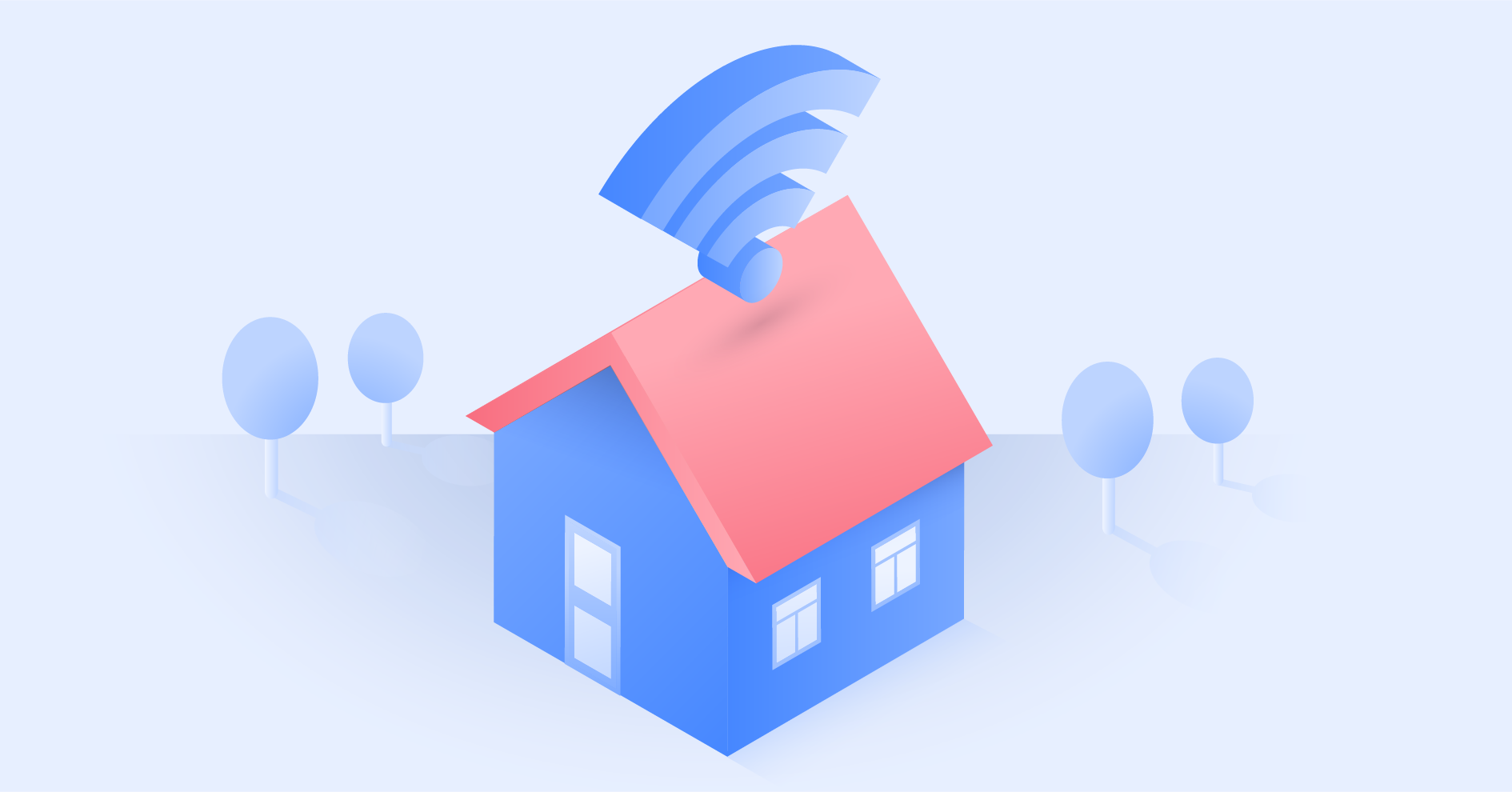What is swatting?
Swatting is a form of harassment in which armed police are called to a victim’s home. In many cases, swatting involves internet activity and has become particularly prevalent in the online gaming community. But what is swatting? How does it work? And can you prevent it?

What is swatting?
The origins of the term swatting can be found in a name for police armed response units – SWAT teams. Typically, SWAT teams are deployed in situations where a violent crime is taking place, especially if the suspect has a firearm.
Swatting involves a perpetrator contacting law enforcement and making a false report about someone. This can result in a SWAT team raiding the victim’s residence. The intention is often to have police storm the house while the person being targeted is online, perhaps streaming live audio or video.
For obvious reasons, swatting is considered a form of harassment and is a crime in most countries. That hasn’t stopped it becoming a favorite strategy among online trolls, however, especially in the competitive online gaming space where cyber harassment is extensive.
How does swatting work?
In practice, swatting is simple. The perpetrator contacts a police department and makes a report. They might claim to have heard gunshots from within the victim’s home, for example.
Armed first responders then arrive and raid the house in question. This can cause the target intense distress and endanger their life. People have been shot and killed as a result of swatting.
The perpetrator just needs the home address. Assuming that they don’t know the victim well enough to already have that address, they can find this information in a number of ways.
IP Address
Each internet user has a public IP address, which is linked to their device or their Wi-Fi network. This numerical code allows online data to find its way back to their device, but what can someone do with your IP address? It can be used to trace the user’s real-world location. If a bad actor finds out your IP, they can use one of the many online services available to link that IP to a physical location. Armed with this knowledge, they can then initiate a swatting attack.
Location Services
Most devices come with a functionality called location services, which use GPS to track where your smartphone or computer is. That can be useful if you want localized search results, use real-time map tools, or are trying to recover a stolen device. Unfortunately, it also puts you at risk from swatting. On forums, gaming platforms, and social media, your device’s location services can give away your location.
Doxing
Doxing is the act of sharing someone’s personal information without their consent. If someone has been doxed, that information can be shared widely across online forums, which can make swatting incidents more likely. If someone’s home details are available online, it’s easy for an anonymous troll to contact a police department with a false claim and cause law enforcement officers to respond with force.
Sharing Information
Sometimes people put themselves at risk of swatting attacks by posting their home address and other personal information online. People regularly share photos of their house on social media and, if their profile is public, that information could be used against them.
Why do people swat others?
Swatting can happen for many different reasons. It is sometimes used as a form of revenge against rival online gamers or people with whom the perpetrator has had an argument. Sometimes these incidents involve no real motivation beyond general malice or boredom.
However, swatting can also be used for political reasons. Public figures like politicians, journalists, and activists all make easy targets for their detractors because their address information is often publicly available.
Swatting incidents
Several notable swatting cases have taken place in recent years. On one occasion in 2020, a leading Black Lives Matter activist, Melina Abdullah, was swatted, with the Los Angeles Police Department being called to her house after reports of a hostage situation. Thankfully, the situation was resolved without anyone being hurt, but that’s not always the case.
Swatting attacks can have serious consequences because responding officers may perceive the victim to be a threat and open fire. This is what happened in 2017 when Tyler Barris, a Los Angeles man, swatted Andrew Finch, a resident of Kansas. Police arrived at Finch’s house after receiving a false report that he was holding hostages. In the confusion, Finch was shot multiple times and killed.
As this swatting incident shows, this form of harassment is a crime and can put the lives of victims at risk. Not only does it waste the time and resources of the emergency services personnel who could be elsewhere dealing with a serious incident, it can result in armed officers potentially opening fire on an innocent person.
PRO TIP: Don’t post images of your home or views from your windows on social media. With Google Maps, it’s easier than ever for trolls to use images like these to work out where you live.
How to prevent swatting
You can take several steps to protect yourself from swatting.
- Don’t share your address online. Whether you’re posting on social media with a location tag or uploading photos of the new house you just moved into, this information could be used for swatting. As a rule, it’s a good idea to limit how much personal information of any kind you post online. Oversharing can lead to identity theft and phishing attacks.
- Switch off location services on your device unless you’re using them for a specific activity. Most operating systems make it easy to turn this function on and off, so remember to only use the GPS feature when you actually need it. The last thing you want is to expose your private location information to strangers online.
- Use a VPN to protect your IP address. With a VPN, or virtual private network, you can interact with the internet without exposing your own IP. Because your data will be passing through a VPN server, bad actors will only be able to view the address associated with that server. VPNs have many interesting uses and offer an extra layer of security in all areas of online life. They encrypt your online traffic and protect your sensitive data. While it’s impossible to stay completely anonymous online, a VPN will enhance your overall privacy.
